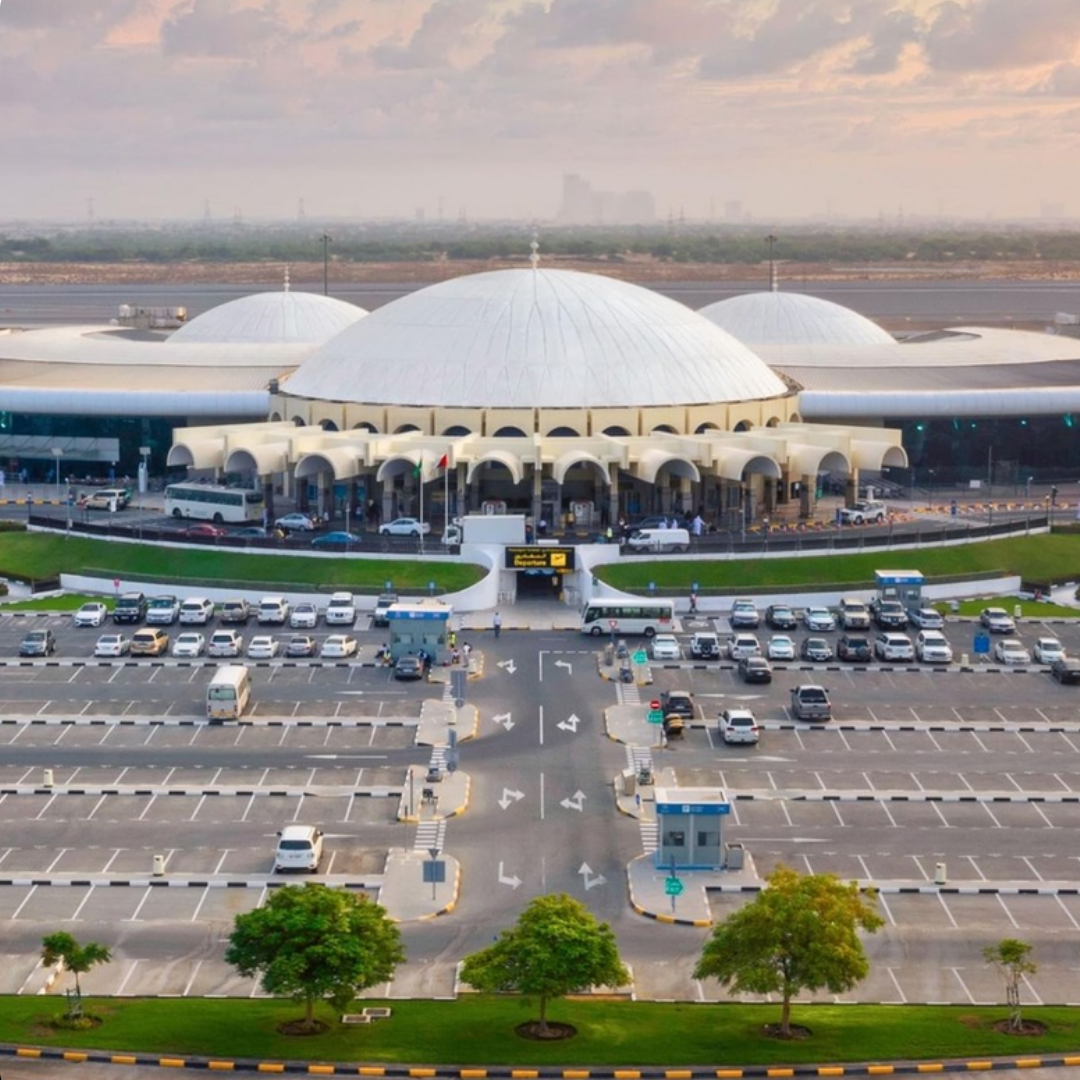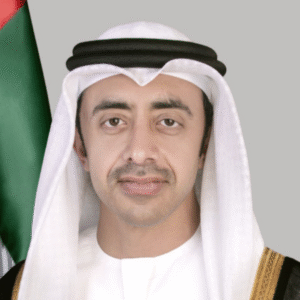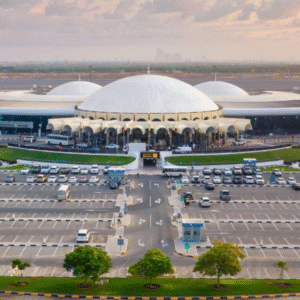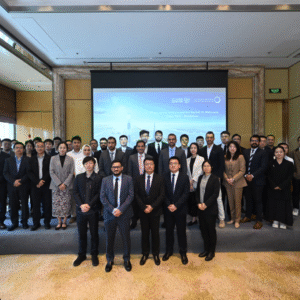As turbulence grips the region—not in the clouds but in geopolitics—Sharjah Airport has stepped up with a steady hand and a clear voice. In light of regional airspace closures following recent military escalations, the airport has urged passengers to stay informed and closely monitor flight updates amid a wave of delays and cancellations affecting travel across the Middle East.
While neighboring airports also felt the shockwaves, Sharjah Airport moved quickly, working hand-in-hand with UAE civil aviation authorities and global airline partners to ensure that safety remained the top priority. The message was clear: while the skies might be uncertain, communication and coordination on the ground are stronger than ever.
Flights to several destinations—particularly those heading toward or passing over Iranian, Iraqi, or Jordanian airspace—were either rescheduled or temporarily halted. Sharjah Airport issued immediate advisories through official channels, calling on passengers to double-check their flight status before heading to the terminal. From information counters to social media alerts, every resource was mobilized to keep travelers in the loop.
But beyond logistics, the airport emphasized its commitment to maintaining service continuity and delivering calm during chaos. With the help of trained ground staff, updated contingency plans, and continuous updates from air traffic control, Sharjah Airport is showing that resilience isn’t just a buzzword—it’s a full-scale operation.
Passengers arriving early were assisted with rebookings and accommodations where necessary, and a sense of empathy pulsed through every announcement. Because while the airspace closures are beyond the airport’s control, the response on the ground remains fully within their grasp—and it’s being handled with clarity, compassion, and care.
This latest chapter in regional aviation disruption is a sobering reminder of how geopolitical tremors ripple through civilian life. Yet, amid the storm, Sharjah Airport is proving itself as a hub that doesn’t just move people—but protects, informs, and supports them.









